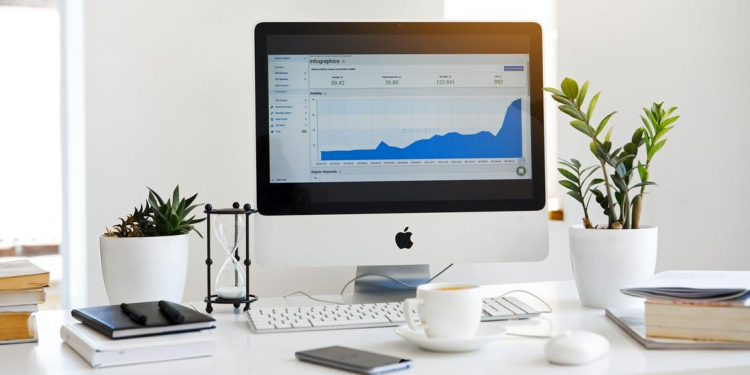The last 12 months have been a rollercoaster of market fluctuations. The year started as usual but by March, the world was plunged into turmoil and uncertainty due to the novel coronavirus pandemic. The months that followed saw economic consequences impact every country in the world, playing havoc in the stock, forex, and commodities markets. As we move cautiously into 2021, many are wondering what the next year will have in store for us. Will it be as volatile? If so, what does this mean for investors?
How 2020 impacted investors
The volatility that the stock market exhibited throughout 2020 was not necessarily a bad thing for investors. The liquidity of this market does provide traders with the opportunity to profit. Naturally, while volatility may provide this opportunity, there will always be elements of risk attached as the market may not move in the direction that was anticipated. 2020 saw an increase in the number of new traders signing up to online trading platforms for forex and stocks to try and leverage fluctuations. Many traders first choose to try a free forex trading account to understand how trades work and to test their abilities before involving real money. Once they build up confidence and skills in trading and reading charts, they move on to executing live trades.
Hard hit sectors

Source: Pexels
One of the hardest-hit sectors in 2020 was travel and tourism. As operators, business owners, and other stakeholders geared up for what was expected to be a bumper year, the onset of the pandemic put a halt to it all. Businesses went bankrupt, shed their workforce, or closed indefinitely as airports, ferry ports, and train stations across the world fell silent. Some of the big brand hotel chains managed to sustain their value on the stock market, but this was due to their strong brand legacy and diversification of services.
The sector had previously enjoyed 59% growth over the previous decade and contributed $8.9 trillion to the global economy in 2019. But in Q1 of 2020, the value of the market dropped by 22% and then 65% in the first half of the year. This impact was also felt in the stock market as companies struggled in the latter part of the year.
Aerospace was another that noted significant difficulties during the last 12 months. COVID crushed the markets in the first three quarters but by Q4, some analysts predicted they would bounce back. Stocks of companies like Safran and Woodward dropped more than the overall market during the pandemic and on average the industry lost up to 35% of its value. The biggest names in aerospace, namely Boeing, Raytheon, Lockheed Martin, and Northrop Grumman have enough industry clout and financial resources to weather the ongoing pandemic. While stocks may remain volatile in the short term, they are likely to recover in the medium to long-term.
Those that weathered the storm
But it wasn’t bad news across the board. While many industries did suffer, some sectors strengthened and went on to enjoy unparalleled success in 2020. The leader of the winners was the healthcare sector. Those involved in producing medicine used to treat COVID and related medical conditions, and companies such as AstraZeneca, Pfizer, Sanofi, and GlaxoSmithKline, all of whom are now manufacturing vaccines. In addition to these success stories, manufacturers of PPE materials and equipment such as ventilators also performed well. Most of the companies in the stock market saw returns averaging 19% in 2020.
In terms of the year ahead, as vaccine rollouts continue and customer spending increases, it’s expected that the stock market and forex market will rally. That’s not to say there won’t be some interesting ups and downs along the way, presenting many prime opportunities for investors.
































Discussion about this post